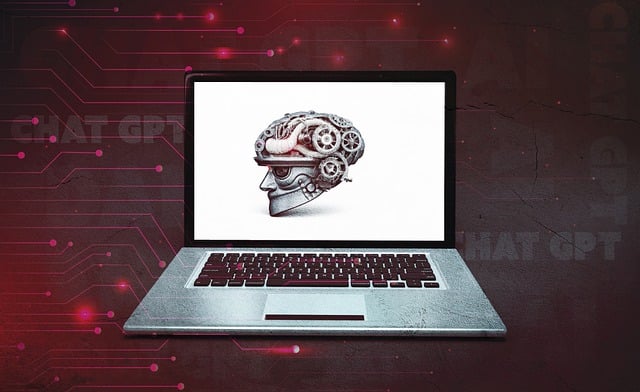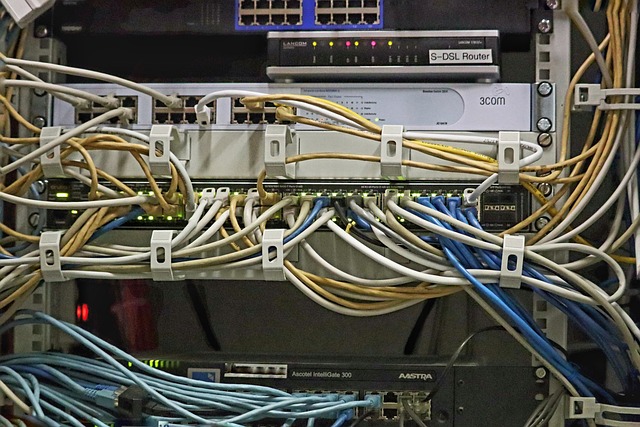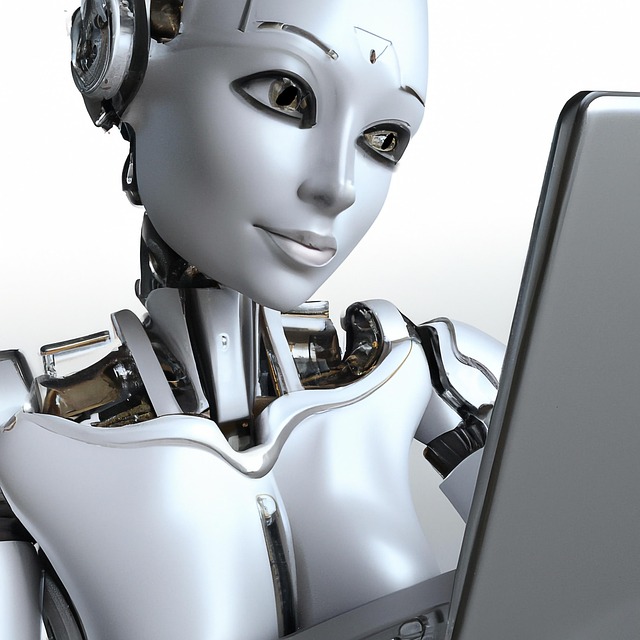# The Impact of AI Technology: Transforming Everyday Life and Shaping a New Digital Era
Artificial Intelligence (AI) has rapidly evolved into a cornerstone of modern technology, influencing various aspects of daily life and reshaping the landscape of industries. The transformative power of AI is evident in how it enhances efficiency, drives innovation, and alters human interaction with technology. This article explores the multifaceted impact of AI on everyday life, examining its applications, benefits, and challenges as we navigate this new digital era.
## Revolutionizing Daily Tasks
One of the most noticeable effects of AI technology is its ability to streamline and automate mundane household tasks. Smart home devices, powered by AI, have become increasingly common, allowing individuals to control their environments with ease. From voice-activated assistants like Amazon’s Alexa to smart thermostats that learn user preferences, AI is making everyday tasks more manageable and efficient.
Furthermore, the integration of AI in mobile applications has transformed how people approach tasks such as shopping, cooking, and even personal finance. For instance, grocery shopping has been revolutionized by AI-driven apps that offer personalized recommendations based on previous purchases and dietary preferences. Similarly, budgeting applications utilize machine learning algorithms to analyze spending habits and suggest actionable insights for better financial management. The convenience brought by these technologies not only saves time but also enhances the overall quality of life.
In addition to enhancing convenience, AI technology has also made significant strides in healthcare, which has direct implications for daily living. Wearable devices equipped with AI capabilities can monitor vital signs and provide real-time health data to users. This development empowers individuals to take proactive steps toward maintaining their health, leading to better outcomes and a more informed approach to personal wellness. As AI continues to evolve, its potential to revolutionize health monitoring and management will only grow, further embedding itself in the fabric of daily life.
## Transforming Work and Industry
The workplace has undergone a profound transformation due to the advent of AI technology. Many industries are increasingly adopting AI-powered tools to enhance productivity and streamline operations. Automation of repetitive tasks has allowed employees to focus on more strategic initiatives, fostering creativity and innovation. For instance, in manufacturing, AI algorithms optimize production lines, reducing waste and increasing output efficiency.
Moreover, AI-driven analytics are reshaping decision-making processes across various sectors. Businesses can now harness vast amounts of data to gain insights into consumer behavior, market trends, and operational efficiencies. Predictive analytics, powered by machine learning, enable companies to anticipate customer needs and tailor their offerings accordingly. This shift not only enhances customer satisfaction but also drives competitive advantage in a rapidly evolving marketplace.
However, the integration of AI into the workplace is not without its challenges. Concerns about job displacement and the ethical implications of AI decision-making are prevalent. As automation takes over certain tasks, the workforce must adapt to new roles that require different skill sets. Upskilling and reskilling initiatives are essential to ensure that employees remain relevant in an AI-driven economy. Organizations must also grapple with the ethical considerations surrounding AI, including bias in algorithms and the transparency of AI-driven decisions. Addressing these issues is crucial to fostering a responsible and equitable digital future.
## Redefining Human Interaction
AI technology is also redefining how individuals interact with one another and with systems. Social media platforms, customer service chatbots, and virtual reality environments are all examples of AI’s influence on communication. Chatbots, for instance, provide immediate responses to customer inquiries, enhancing user experience and freeing human agents to handle more complex issues. This shift not only improves efficiency but also sets new expectations for responsiveness in customer service.
In the realm of social interactions, AI is changing the way people connect. Algorithms curate content on social media, influencing what users see and how they engage with others. While this personalization can enhance user experience, it also raises questions about the nature of human connection in an increasingly digital world. The reliance on AI for social interactions may lead to a decrease in face-to-face communication, prompting discussions about the implications for mental health and community engagement.
Moreover, AI’s role in education is transforming how knowledge is disseminated and acquired. Adaptive learning platforms utilize AI to tailor educational content to individual learning styles and paces, making education more accessible and effective. This personalized approach can significantly enhance student engagement and retention, preparing learners for the demands of a dynamic job market. As AI continues to shape educational paradigms, it is essential to consider how these technologies can be leveraged to foster inclusivity and equity in learning environments.
## Conclusion
The impact of AI technology on everyday life is profound and far-reaching, touching upon various aspects of personal and professional existence. As AI continues to evolve, it brings with it a myriad of benefits, from increased efficiency and convenience to enhanced decision-making and personalized experiences. However, the challenges associated with AI adoption, including ethical considerations and workforce displacement, cannot be overlooked.
Navigating this new digital era requires a balanced approach that embraces the potential of AI while addressing its implications. By fostering a culture of continuous learning and ethical responsibility, society can harness the transformative power of AI to create a future that is not only technologically advanced but also equitable and inclusive. As we stand on the brink of this new digital frontier, the choices made today will shape the trajectory of AI technology and its impact on generations to come.











